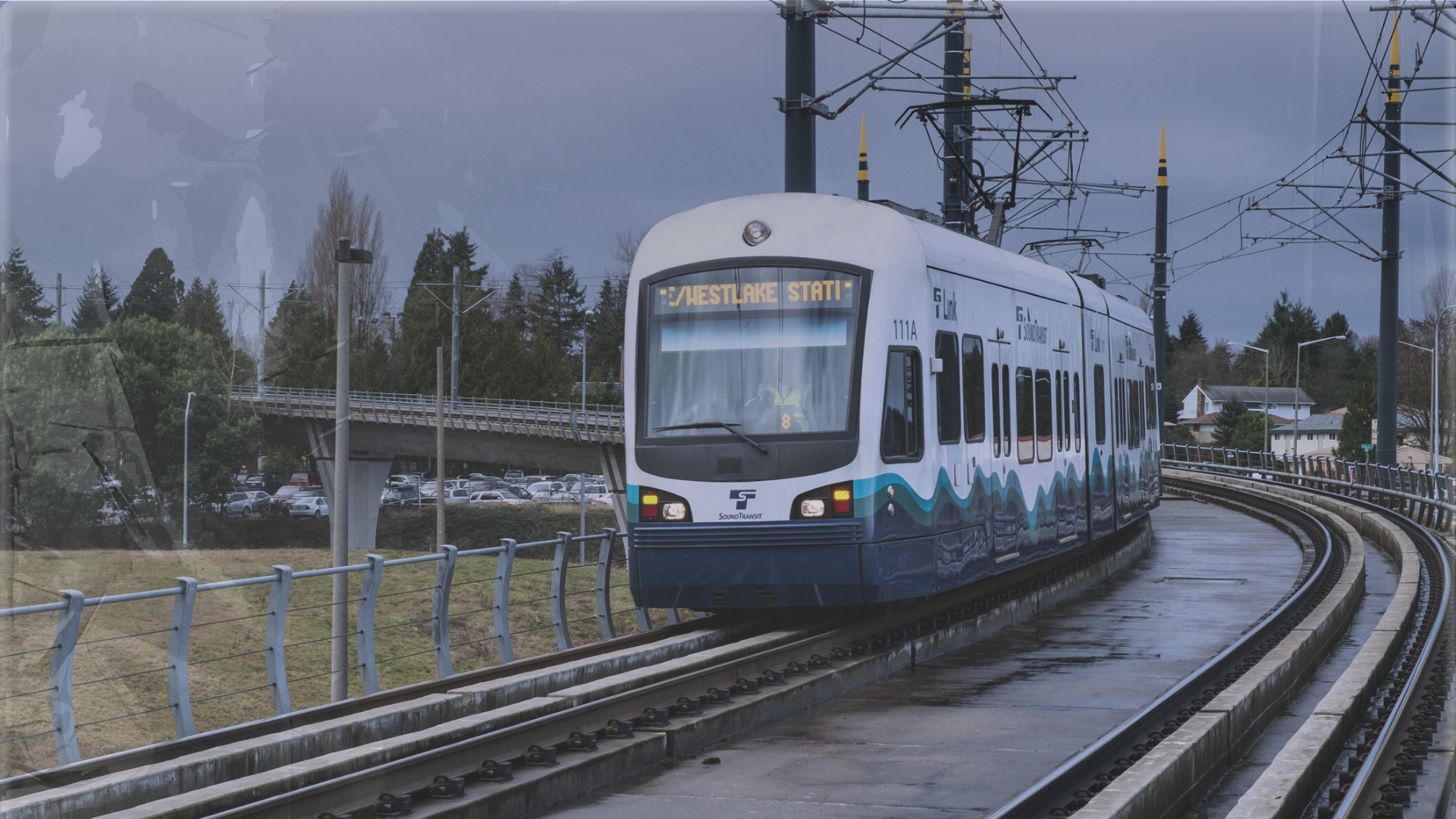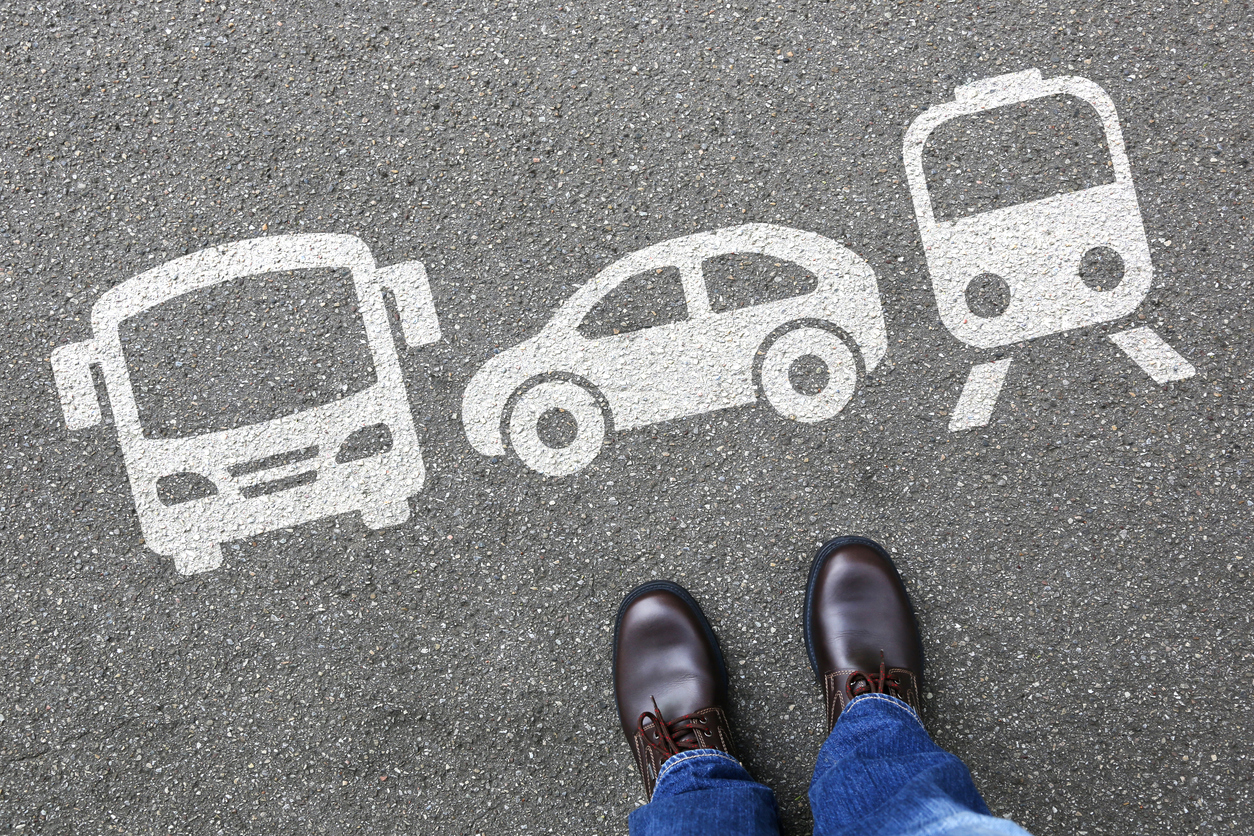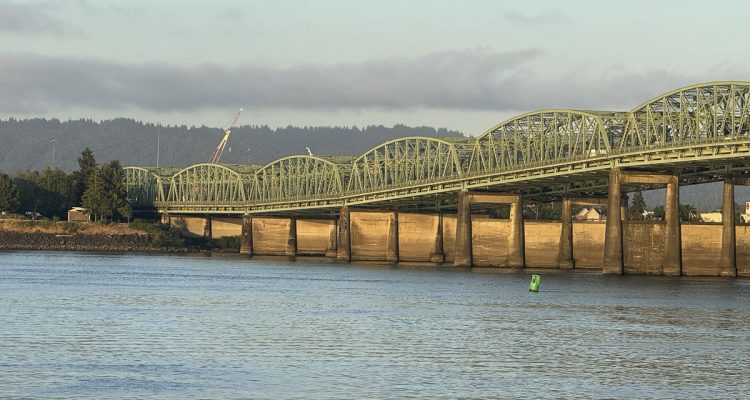Rather than spending more money to sustain underutilized modes of transport like transit and rail, or funding luxury “green” electrification projects, state officials should prioritize making our roads and bridges more resilient and reliable for people who increasingly depend on private automobiles for travel. Unfortunately, that’s not the approach being taken by Governor Inslee in his 2021-23 transportation budget proposal.
The Governor’s funding proposal includes “$400 million per biennium to support preserving our state roads, railways, ferries and bridges.” However, it states he “intends to engage the Legislature in developing a specific approach to delaying projects” that were committed to the public in past transportation packages, while funding the following efforts:
- $724 million to meet the requirements of a federal court order to remove state-owned fish passage barriers (culverts)
- $190 million ($318 million over four years) to convert ferries to hybrid electric and build terminal charging stations
- $20 million for bike and pedestrian facilities
- $15 million in additional capital grants to electrify transit systems
- $5 million for the regional mobility grants program (rural and small urban transit)
- $3.25 million to fund work on high-speed rail between British Columbia and Oregon
- $1.5 million to promote electric vehicle (EV) adoption
Representative Andrew Barkis, ranking Republican on the House Transportation Committee, responded to this proposal, stating it is “out-of-touch with what the people of Washington state can financially afford right now.”
He went on to point out that the proposal increases spending related to the Governor’s climate agenda – electrification of ferries, bike and pedestrian programs, and high-speed rail – though all of these systems are operating at significantly reduced levels. According to data from the Washington State Department of Transportation (WSDOT):
- Ferries ridership remains -43% below the 2019 baseline
- Transit ridership is -39% below baseline (King County Metro is at -64%, Sound Transit is at -67%)
- Passenger rail is -89% below baseline
Rep. Barkis rightly noted Washingtonians are already paying 11.9 cents more in state fuel taxes that funded projects in the 2015 Connecting Washington Transportation Package, and they are expecting these promised projects to be completed. Despite this, he adds, “the governor wants to delay these projects, so he has an already-allocated pot of money to tap into to fund his own climate agenda. This is unacceptable.”
The priority for lawmakers this upcoming legislative session should be to preserve and maintain what we have and finish projects that have already been promised and funded, without imposing new tax burdens during an especially difficult economic recession. It should not be to stall critical road and bridge repairs to fund transit and rail systems that are underutilized, or costly electrification projects that are not immediately necessary. Suggesting these expenditures meet any kind of climate change objectives, given their lack of use, is not accurate and largely political.
I am confident that lawmakers on both sides of the aisle, understanding and having voted on commitments they made to the public in past state transportation budgets, will be more respectful of the reality we are facing and what our state needs at this time.






